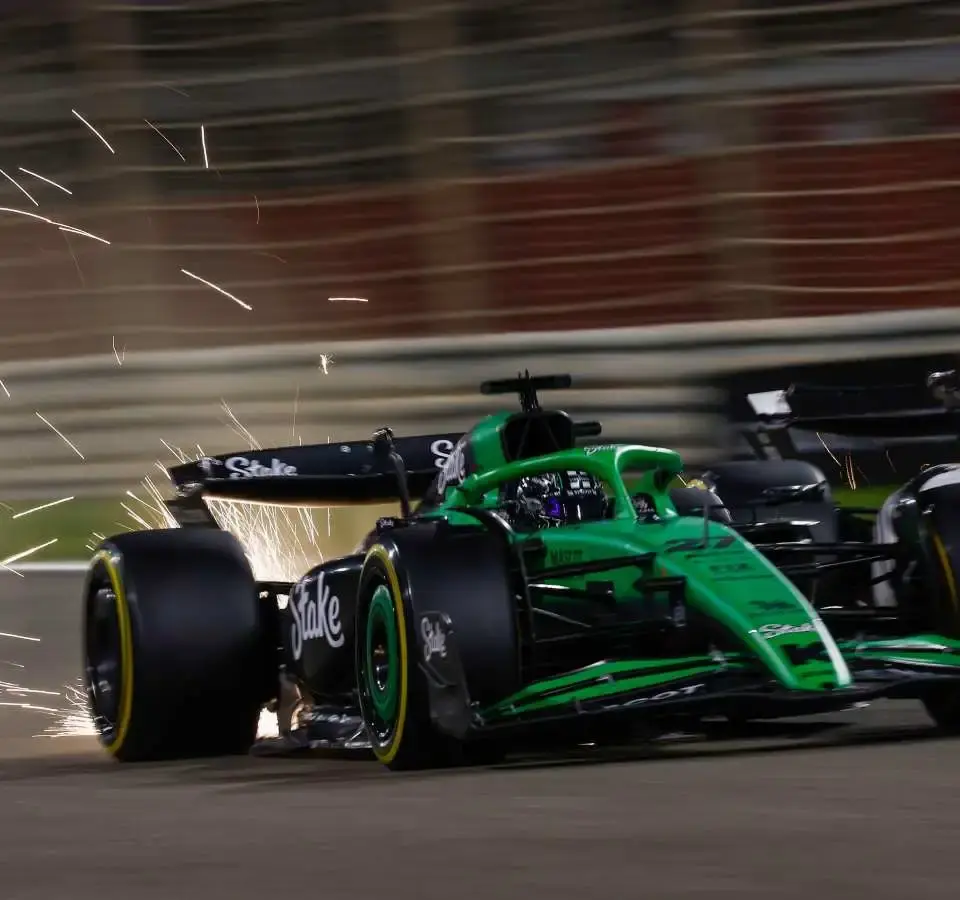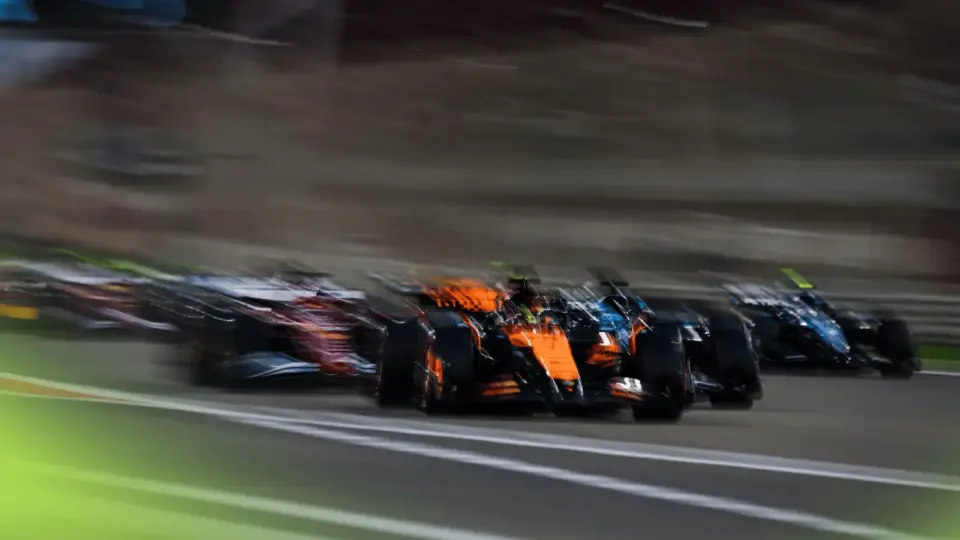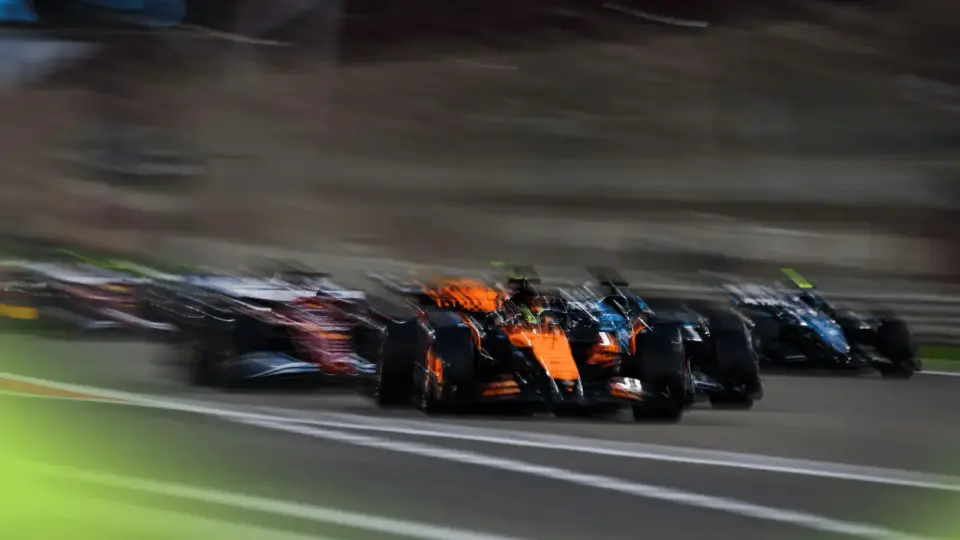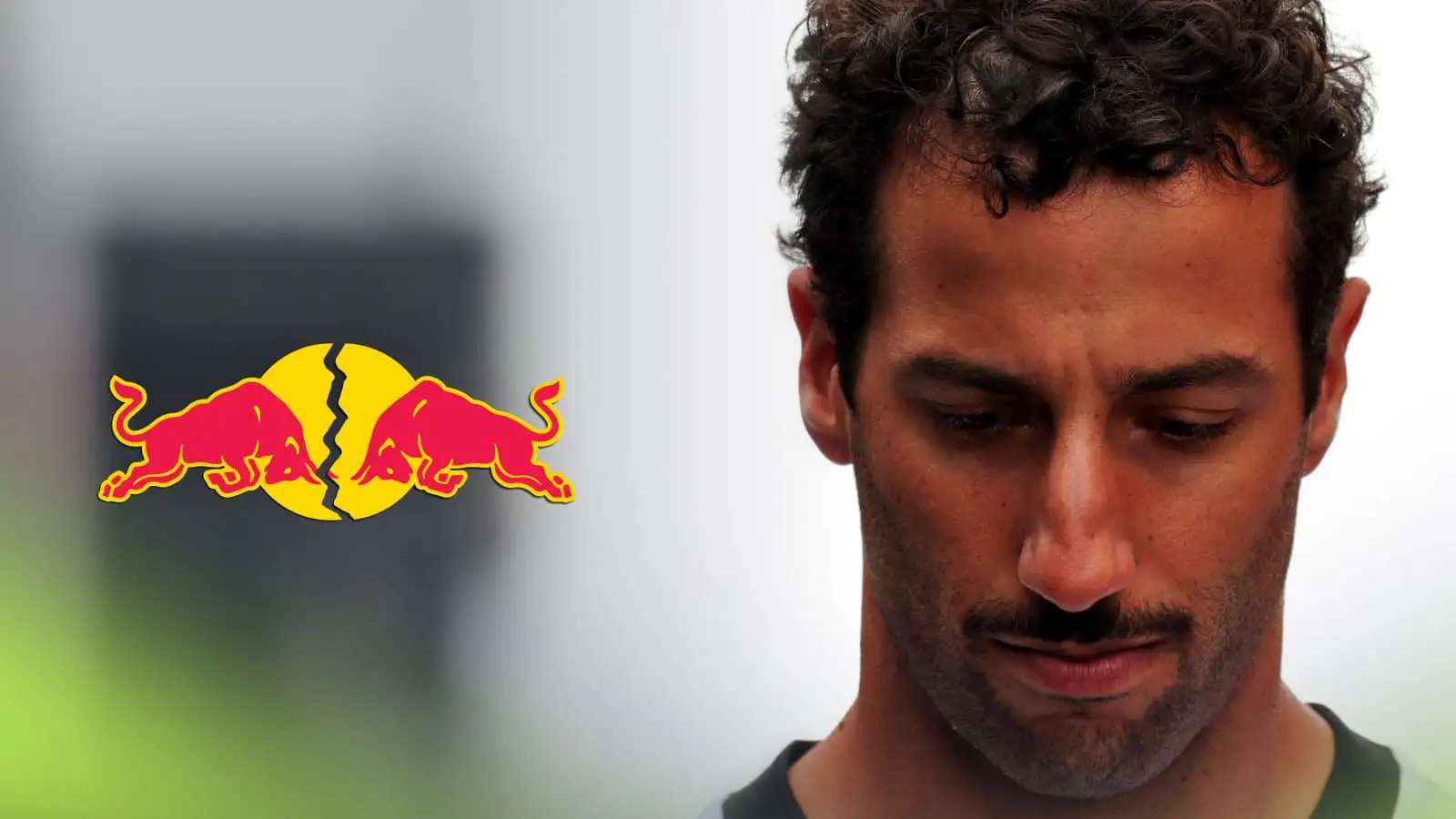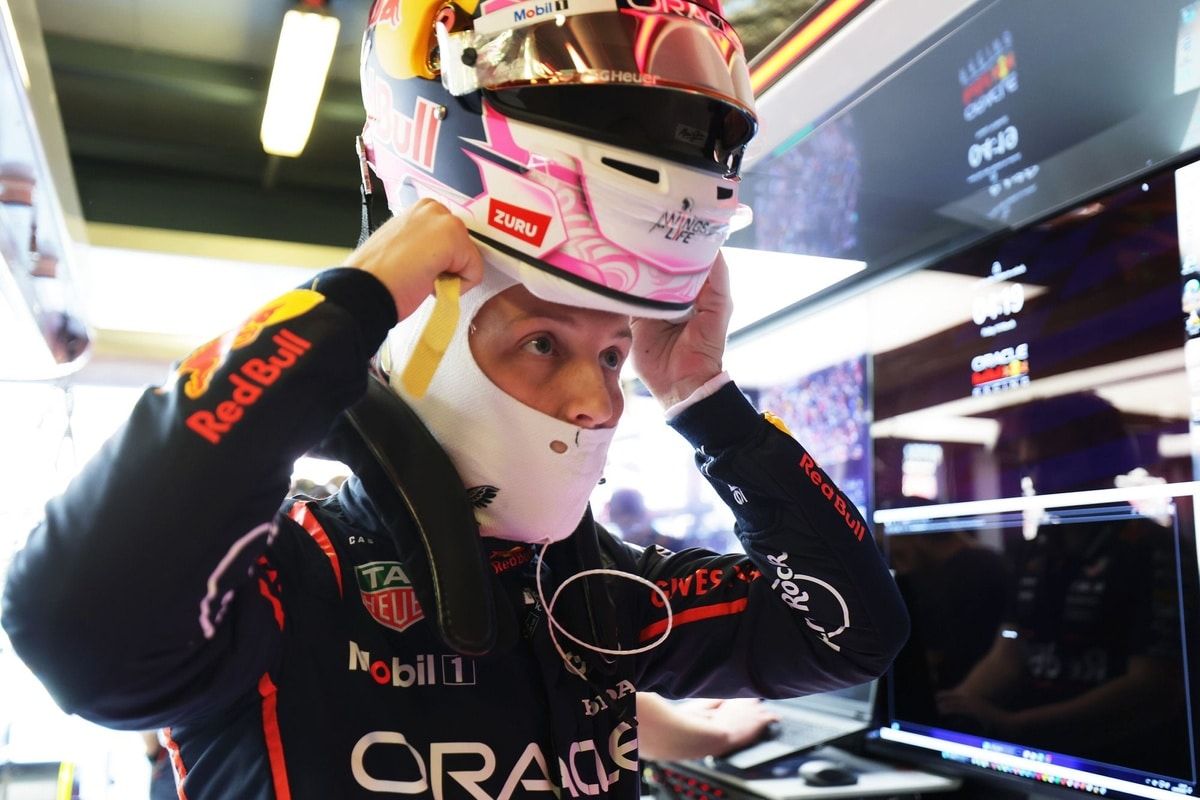Nico Hulkenberg’s disqualification at the Bahrain Grand Prix due to illegal plank wear puts Sauber in the spotlight.
- Sauber admits to a “genuine error” leading to Hulkenberg’s exclusion from the race results.
- This marks Hulkenberg’s as the second disqualification for excessive wear in the 2025 season, following Hamilton’s earlier issue.
- The Sauber team explains uncertainties around why the car’s plank was below the required thickness.
- FIA’s verdict highlights the importance of strict adherence to technical regulations in F1.
In a surprising turn of events, Nico Hulkenberg was disqualified from the Bahrain Grand Prix after his car’s plank was found to be less than the minimum thickness required. This rule infringement led to his exclusion from the race results despite crossing the line in 13th place. Sauber quickly acknowledged the issue, explaining it was an unintended oversight.
The FIA’s decision to disqualify Hulkenberg wasn’t a solitary case this season. It’s the second time in 2025 that a driver has faced disqualification for excessive plank wear, a fate first suffered by Lewis Hamilton at the Chinese Grand Prix. Excessive wear typically results from a car being run too low, causing the undercarriage to scrape along the track surface at high speeds, known for creating noticeable sparks.
Sauber, in a statement, admitted that Hulkenberg’s car’s plank assembly was unexpectedly 0.5mm below the 9mm minimum requirement. Beat Zehnder from Sauber admitted that the team could not pinpoint the reason for the discrepancy. He mentioned that Nico doing only a few laps in FP3 might have been a factor. However, Zehnder assured fans and the FIA that measures would be put in place to prevent such oversights in the future.
The admission of error from Sauber comes with a promise of stricter oversight. Zehnder stressed the unpredictability of plank wear due to different track conditions, emphasizing that Sauber had no intention of bending the rules. Ensuring plank thickness is crucial as it can affect race outcomes significantly, especially when a team is on the edge of scoring points. Zehnder’s candid remarks highlight Sauber’s commitment to transparency and competitive integrity in the sport.
Sauber’s transparency in admitting the error serves as a reminder of the stringent technical regulations in F1.
